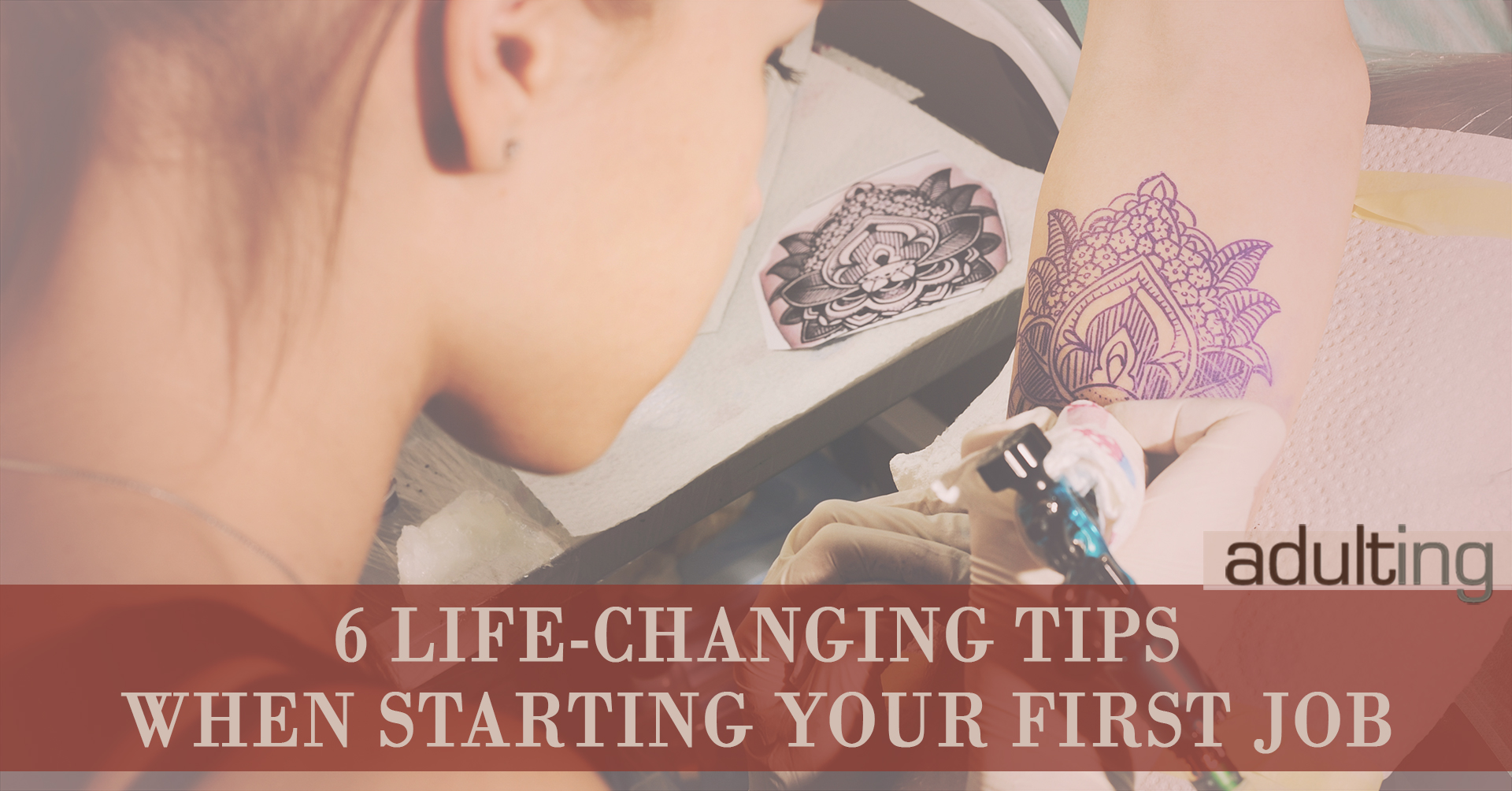Starting a new job is exciting – for both you and your new boss. Being hired means you were the best candidate for the job, but very rarely do those salary-worthy-qualities show up on the first day. Transitioning into a new role takes time. Although most companies offer a learning curve, your boss probably wishes you were the perfect employee on the very first day.
Of course, that’s not totally realistic. How can you be great at something you don’t fully understand? How can you contribute to a team when you’re not comfortable yet? Like I said, unrealistic. In order to be the model employee that was hired, sometimes you just have to fake it until you make it – especially in the eyes of your boss.
Here are four things you should know about starting a new job:
Hiring a new employee costs a crap-ton of money.
Before you even receive a paycheck your new company has spent a lot of money to find, interview, hire and train you. They saw something special in your resume. Prove them right by performing above and beyond expectations.
Very often new employees are shy on their first day, but being a wallflower isn’t going to help you climb the career ladder. Your employer invested a lot of money in you and it’s a good idea to make it worth their while. Contribute ideas, take notes, ask follow-up questions and do your best to fit in – but don’t suck up.
Your boss is not your personal confidant, no matter how nice they are.
So often you meet your boss during orientation and at meetings. You may even catch a glance of them in the hallway, but very rarely will they stick by your side during the entire on-boarding process.
A lot of companies have adopted the buddy system which assigns a senior level (but not management level) employee as a mentor for new hires. The buddy system is more time and cost efficient because an employee earns less than a manager and the senior employee most likely know the ins and outs of your daily duties better than the boss in the corner office.
But even if you’re one of the lucky few with constant and daily interaction with your boss, don’t get too cozy. No matter how nice, warm, welcoming and inviting they are, they’re still your boss. They don’t want to hear about all of your weekend shenanigans and drunken debauchery. Save that for your real friends. You know, the people who don’t pay you.
Be on time — for everything
Being on time doesn’t only apply to starting the workday. It means being on time (or a little bit early) for everything from meetings to conference calls. The best thing to do is spend some time getting familiar with the office to ensure you know where you’re going and make sure you can get where you’re supposed to be on time. The last thing you want to do is be the new person and walk into a meeting room after the boss has already started talking. That’s embarrassing, even for a seasoned employee.
It’s O.K. to ask questions.
Being a know-it-all on your first day isn’t expected. It’s O.K. to ask questions when starting a new job. Remember that it’s always better to ask a question rather than make an error. With that said you have to take initiative and be proactive to try and figure things out on your own. Don’t take the easy way out and just ask questions for every little thing because that can get old and annoying really quickly.
Starting a new job is a fresh start for you to make a name for yourself within the company. Make a good first impression by being on time, take the time to learn and always give 110% on the job. Before you know it, you’ll be on your way up to the corner office with the nice view.
But you have to make it through the first day.




![[A031] Represent: Stop Feeling Like a Fraud](https://adulting.tv/wp-content/uploads/2016/04/031-1200x628.jpg)




![[B005] Should You Scale Back on Education to Pursue Your Own Business? ft. Eva Baker, Teens Got Cents](https://adulting.tv/wp-content/uploads/2016/03/blab-005-169-1200x675.jpg)
![[B004] How to Live Globally ft. Hui-Chin Chen, Money Matters for Globetrotters](https://adulting.tv/wp-content/uploads/2016/03/blab-004.jpg)


![[B003] Start a Side Gig ft. Tom Drake, MapleMoney](https://adulting.tv/wp-content/uploads/2016/03/blab-003.jpg)

